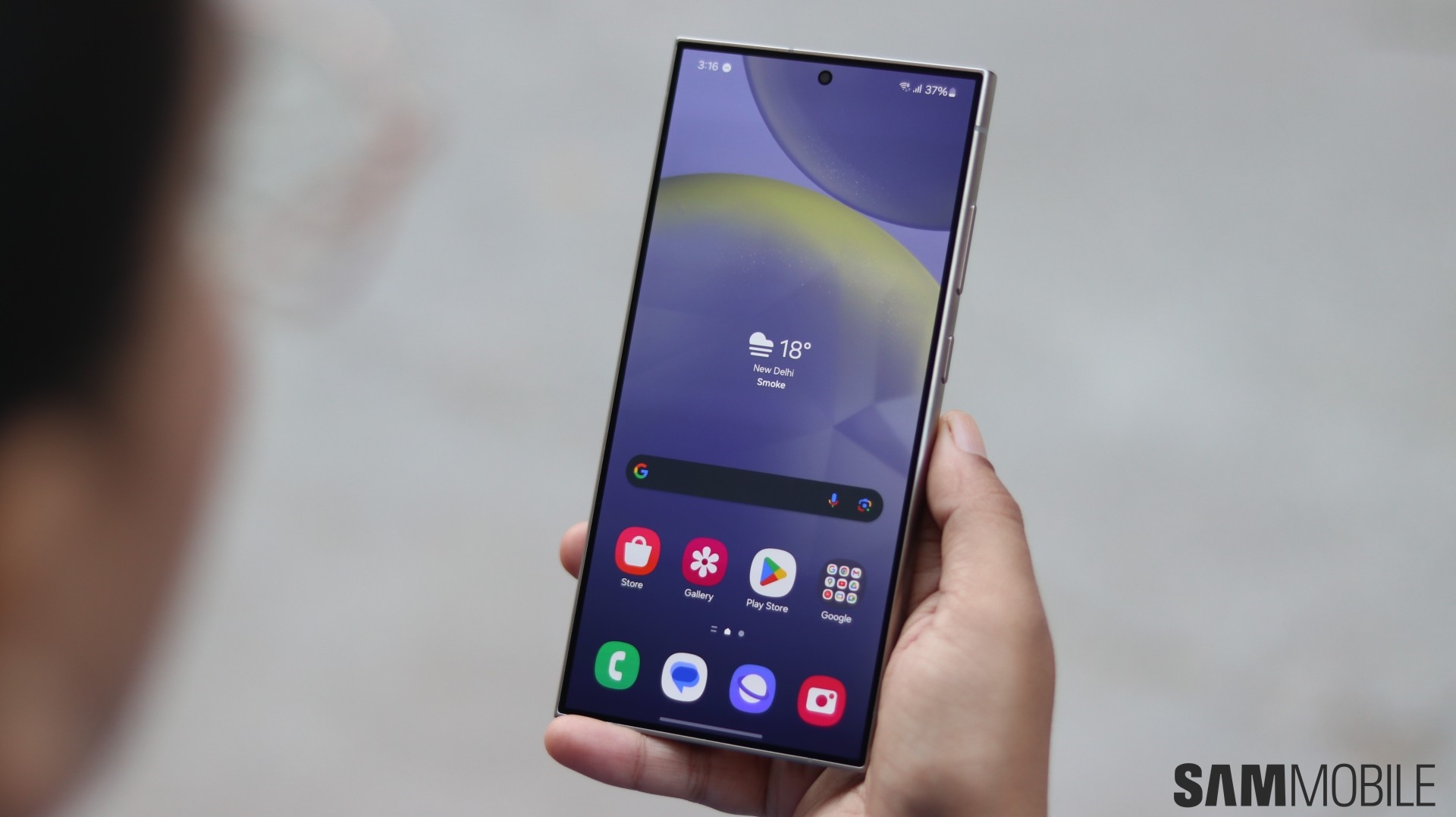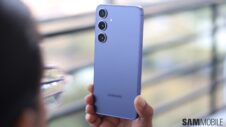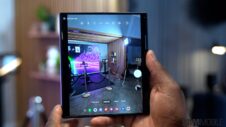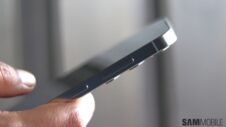OnePlus, a once-feared Samsung rival, is almost scraping the bottom of the barrel to find a plausible explanation for its latest OnePlus 12 series not offering firmware support on the same level as the Galaxy S24.
In a recent interview (via Tom's Guide), OnePlus COO and President Kinder Liu argued that seven years of updates are virtually useless. The COO says that there's no use for this many software updates if the hardware can't keep up.
“Imagine your phone is a sandwich,” Kinder Liu said. “Some manufacturers are now saying that the filling in their sandwich — their phone's software — will still be good to eat in seven years' time. But what they're not telling you is that the bread in the sandwich — the user experience — might be moldy after four years. Suddenly, a seven-year software update policy doesn't matter because the rest of your experience with the phone is terrible.”
Although Mr. Liu has a point that software updates need to be optimized to make any practical sense, the alternative doesn't seem to be any better. Did OnePlus give up on the idea of offering better software support from the start, as phones are almost like disposable devices in their nature?
Granted, while some phone users replace their devices every year, there are also many who would prefer having the option of keeping their devices for as long as possible.
And aside from feature updates, Mr. Liu didn't touch on security patches and how offering seven years of security firmware could benefit phones and their users.
When you don't offer a versatile repair program
Another point OnePlus makes is that phones that receive seven years of updates might start having issues with their batteries before firmware support ends. Again, this may seem like a fair point at a glance, but it's missing the whole picture.
The European Commission is making OEMs create designs with easier-to-replace batteries and offer replacement parts. Samsung even launched the Self-Repair program and is now using adhesive battery pouches precisely to make it easier for users to replace their batteries instead of disposing of their phones entirely after a few years.
So, once again, it seems as though OnePlus doesn't fully grasp the big picture and how some bigger companies and regulatory agencies are pushing toward sustainability. Yes, seven years of updates might outlast a Samsung phone's battery, but Samsung also makes battery replacements easier, with better part availability and the Self-Repair program.
If we go back to the sandwich analogy OnePlus made, you can imagine being able to replace a damp slice of bread (old battery) with a new one (new battery) and still be able to eat it.
However, OnePlus has a different view and appears to have given up before even trying to match Samsung's sustainability efforts. It doesn't want to let you repair your sandwich. It wants you to buy a new one.
Perhaps OnePlus is justified in doing so, and maybe we will end up agreeing with OnePlus five or seven years from now. Even so, people have wanted long-lasting phone for many years, and it's hard to argue against Samsung's efforts in at least trying to improve the lifespan of its Galaxy phones with not just feature updates but more security patches, better part availability, an unbeatable global support and repair network, and its self-repair program in key markets.
Samsung's solutions might not be perfect. Some kinks might still need to be ironed out. And you can be sure that the Galaxy S24 won't be as powerful in five-seven years as it is now. Nevertheless, Samsung is taking several steps in the right direction by trying to prolong the life of its Galaxy phones. Conversely, it almost sounds like OnePlus knows it can't keep up but tries to save face by masking its shortcomings under the guise of some form of cynical realism.







